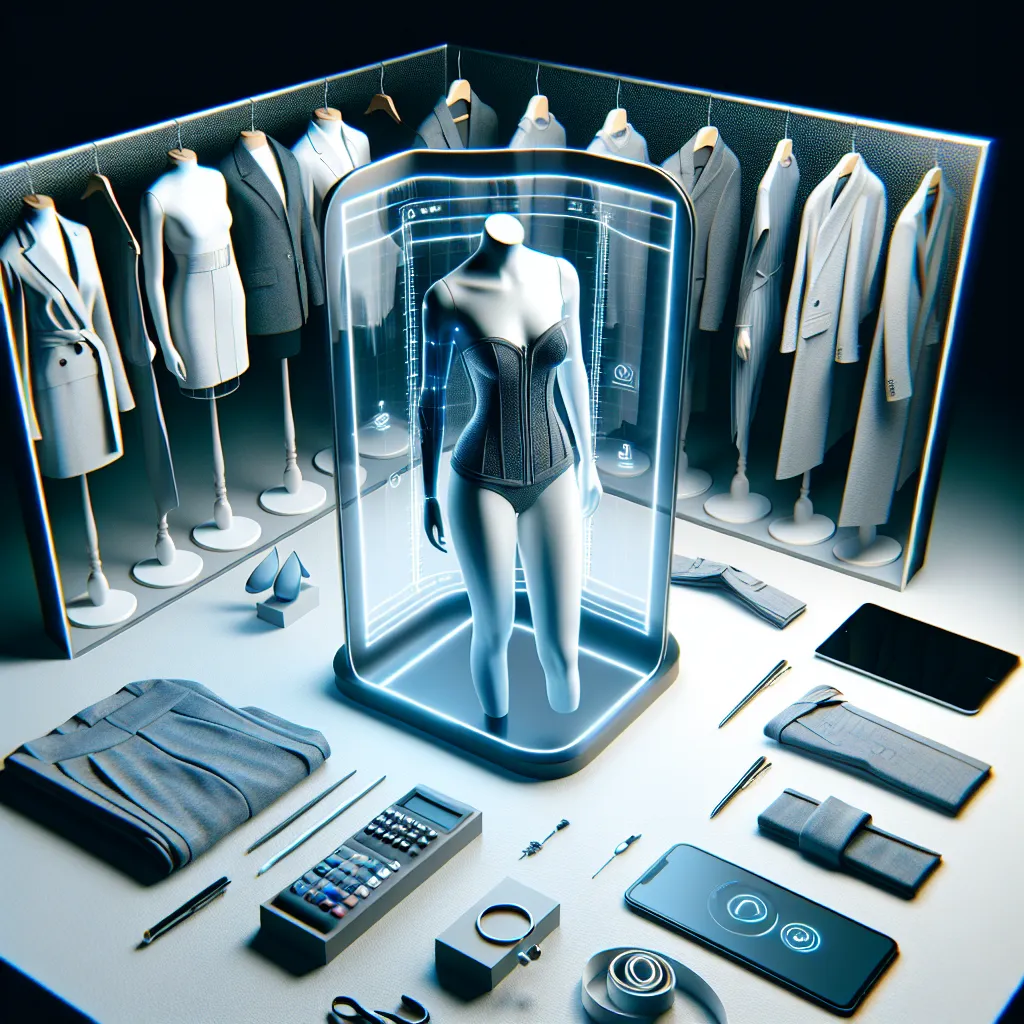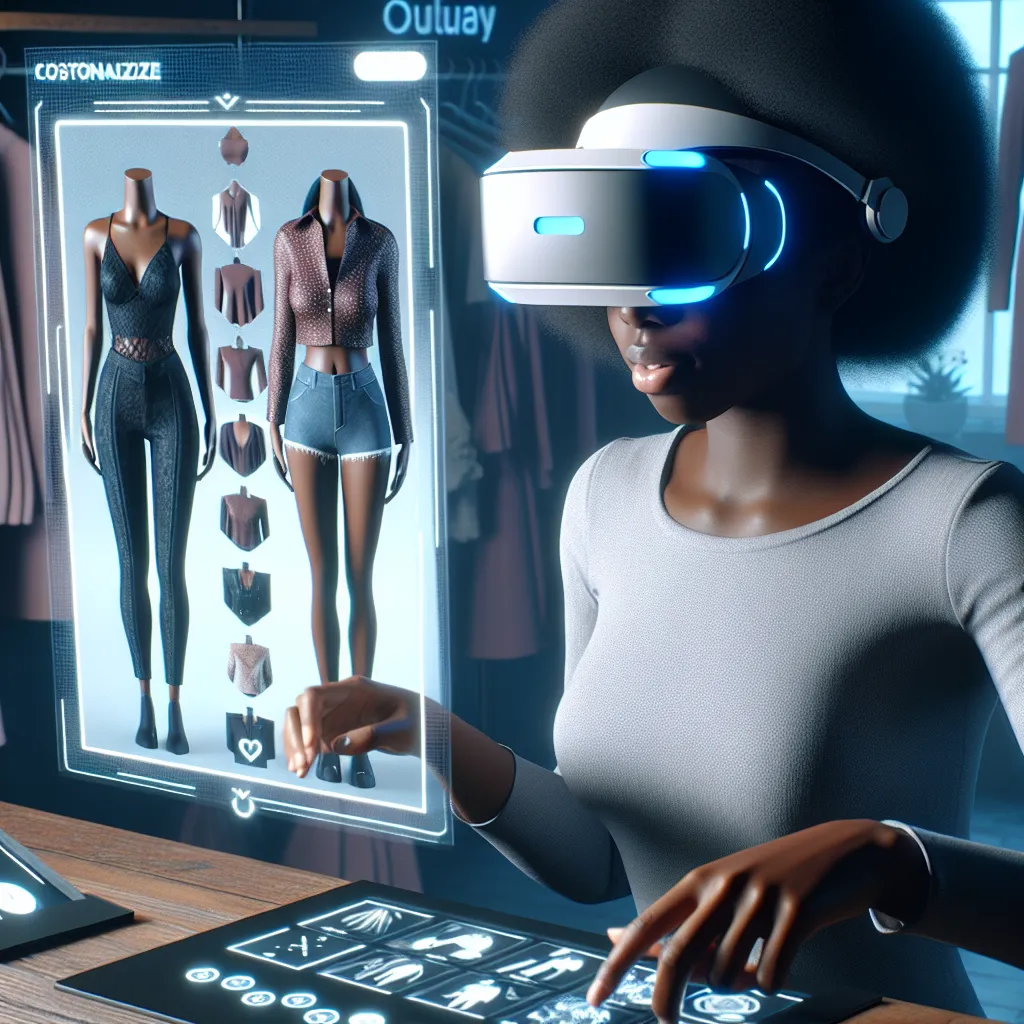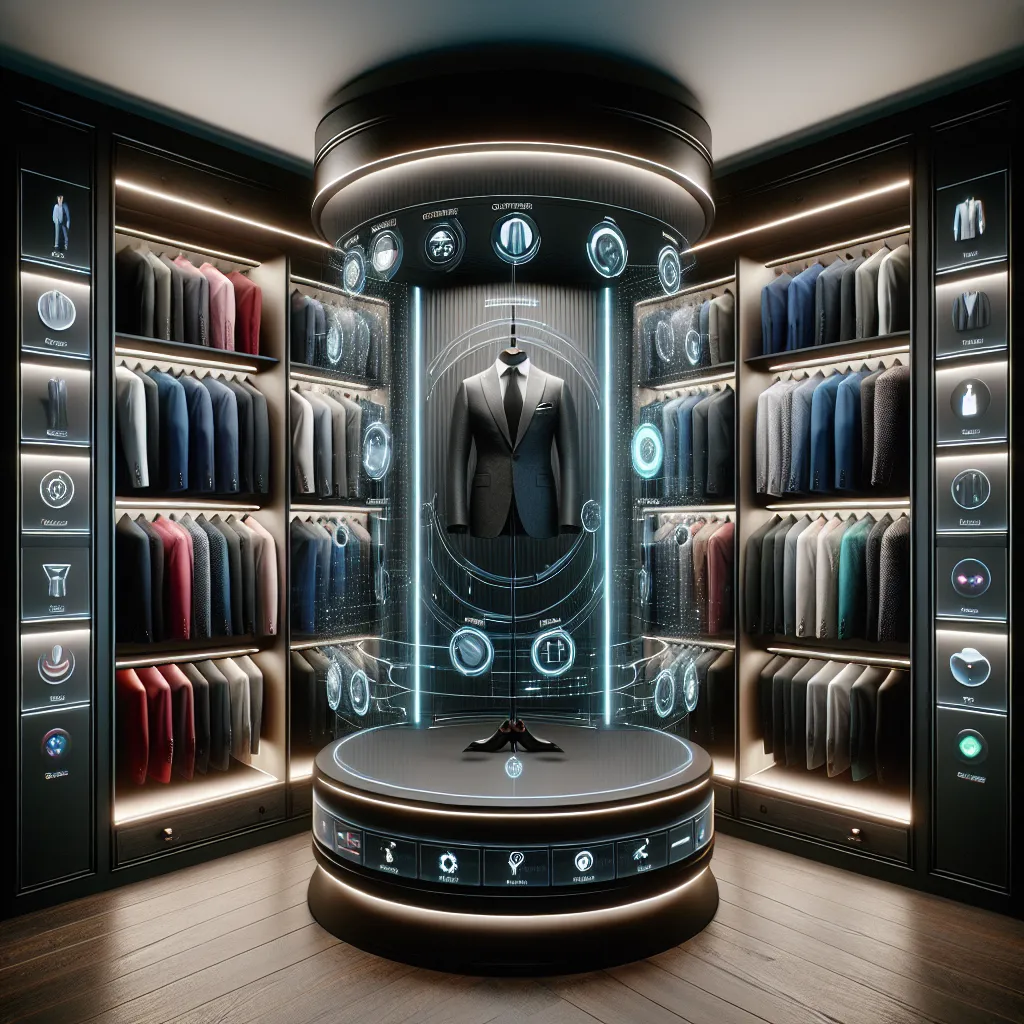The Impact of Personalized Shopping Experiences in Fashion
In today’s fashion industry, personalization has revolutionized the way consumers experience shopping. The impact of personalized shopping experiences in fashion cannot be overstated, as it has transformed the traditional retail landscape. With the rise of e-commerce and innovative technologies, fashion brands now have the ability to offer tailored recommendations, customized styling advice, and individualized product offerings to their customers.
Personalized shopping experiences have empowered consumers to feel more connected to the brands they love. By leveraging data analytics and machine learning algorithms, companies can now understand their customers’ preferences and behavior at a granular level, enabling them to deliver a curated and personalized shopping journey. This not only enhances customer satisfaction but also fosters brand loyalty and advocacy.
Moreover, the integration of virtual fitting rooms and augmented reality applications has further elevated the personalization of fashion shopping. Customers can now virtually try on clothes, experiment with different styles, and receive personalized size recommendations, creating a more immersive and personalized shopping experience from the comfort of their own homes.
As a result, the fashion industry is witnessing a paradigm shift towards hyper-personalization, where each customer is treated as a unique individual with specific tastes and preferences. This trend has not only redefined the way people shop for fashion but has also prompted brands to rethink their marketing strategies, product offerings, and overall customer engagement.
In conclusion, the impact of personalized shopping experiences in the fashion industry is undeniably transformative. By leveraging advanced technologies and consumer data, fashion brands are redefining the way they engage with customers, ultimately shaping a more personalized, seamless, and gratifying shopping journey.
Customization: Redefining Fashion Retail
In today’s fast-paced fashion industry, personalization is playing a pivotal role in redefining the retail experience. One of the key aspects of this revolution is customization, which allows consumers to express their unique style and preferences. Customization in fashion retail goes beyond simply choosing a size or color – it empowers customers to participate in the design process, creating something truly unique and one-of-a-kind.
Through the implementation of advanced technology, fashion brands are now offering customizable options, such as made-to-measure clothing, bespoke footwear, and personalized accessories. This shift towards customization is not only meeting the growing demand for individuality but also reducing the environmental impact of mass production. By producing clothing and accessories on-demand, brands are minimizing waste and contributing to a more sustainable industry.
Furthermore, the rise of customization is reshaping the traditional retail model, as it fosters a deeper level of engagement between brands and consumers. With the help of online customization tools, shoppers can actively participate in the creation of their garments, resulting in a sense of ownership and emotional attachment to the products. This level of personalization not only enhances customer satisfaction but also cultivates brand loyalty and advocacy.
As technology continues to advance, the potential for customization in the fashion industry is boundless. From 3D body scanning for precise measurements to virtual fitting rooms for trying on personalized designs, the future of fashion retail is poised to offer unparalleled levels of individualization. In conclusion, customization is undeniably redefining the fashion retail landscape, empowering consumers, driving sustainability, and fostering meaningful connections between brands and their clientele.
Technology’s Role in Shaping Personalized Fashion Trends
Technology plays a pivotal role in shaping personalized fashion trends, revolutionizing the way consumers engage with the fashion industry. From AI-powered styling platforms to virtual fitting rooms, technological advancements have empowered fashion brands to offer personalized experiences like never before. The integration of big data and machine learning algorithms enables companies to analyze consumers’ preferences, browsing history, and purchase behavior, allowing for tailored recommendations and product suggestions. This level of personalization not only enhances the overall shopping experience but also assists fashion brands in understanding and meeting the individual needs of their customers.
Furthermore, the rise of 3D body scanning technology has significantly contributed to the customization of clothing. By capturing precise body measurements, brands can create made-to-measure garments, ensuring a perfect fit for each customer. Virtual and augmented reality applications have also redefined the way people interact with fashion, offering immersive experiences such as virtual runway shows and interactive product visualization. These technological adaptations not only cater to the demand for personalized fashion but also align with sustainability efforts by reducing the instances of ill-fitting clothing returns.
In conclusion, as technology continues to evolve, its impact on personalized fashion trends becomes increasingly profound. The fusion of data-driven insights, virtual experiences, and customization capabilities has elevated the fashion industry into a new era of consumer-centricity, where individual preferences and unique styles are celebrated and catered to with unprecedented precision.
The Future of Fashion: Personalized Style and Consumer Engagement
Personalization is revolutionizing the fashion industry, shaping the future of personalized style and consumer engagement. In the ever-evolving landscape of fashion, brands are increasingly leveraging advanced technologies to offer tailor-made experiences to their customers. This shift towards personalization has been driven by the growing demand for unique and individualized products, as consumers seek to express their personal style in a more meaningful way.
With the rise of data analytics and artificial intelligence, fashion companies are now able to gather valuable insights into consumer preferences, behavior, and purchasing patterns. By harnessing this data, brands can create personalized recommendations, customized products, and targeted marketing campaigns, thereby enhancing consumer engagement and loyalty.
This trend towards personalized fashion is not only limited to product customization but also extends to the overall shopping experience. From personalized styling services to virtual fitting rooms, consumers are now seeking more interactive and engaging retail experiences. With the integration of augmented reality and virtual reality technologies, fashion brands can offer immersive and personalized shopping experiences, blurring the lines between online and offline retail.
Moreover, the advent of social media and influencer marketing has further fueled the demand for personalized fashion, as consumers are increasingly looking to style icons and social media personalities for inspiration. This has prompted brands to collaborate with influencers to co-create personalized collections and exclusive products, tapping into their followers’ desire for unique and personalized fashion choices.
As we look towards the future of fashion, it is evident that personalization will continue to play a pivotal role in shaping the industry. By embracing advanced technologies, data-driven insights, and collaborative partnerships, fashion brands can unlock new opportunities for personalized style and consumer engagement, ushering in a new era of customized fashion experiences.




